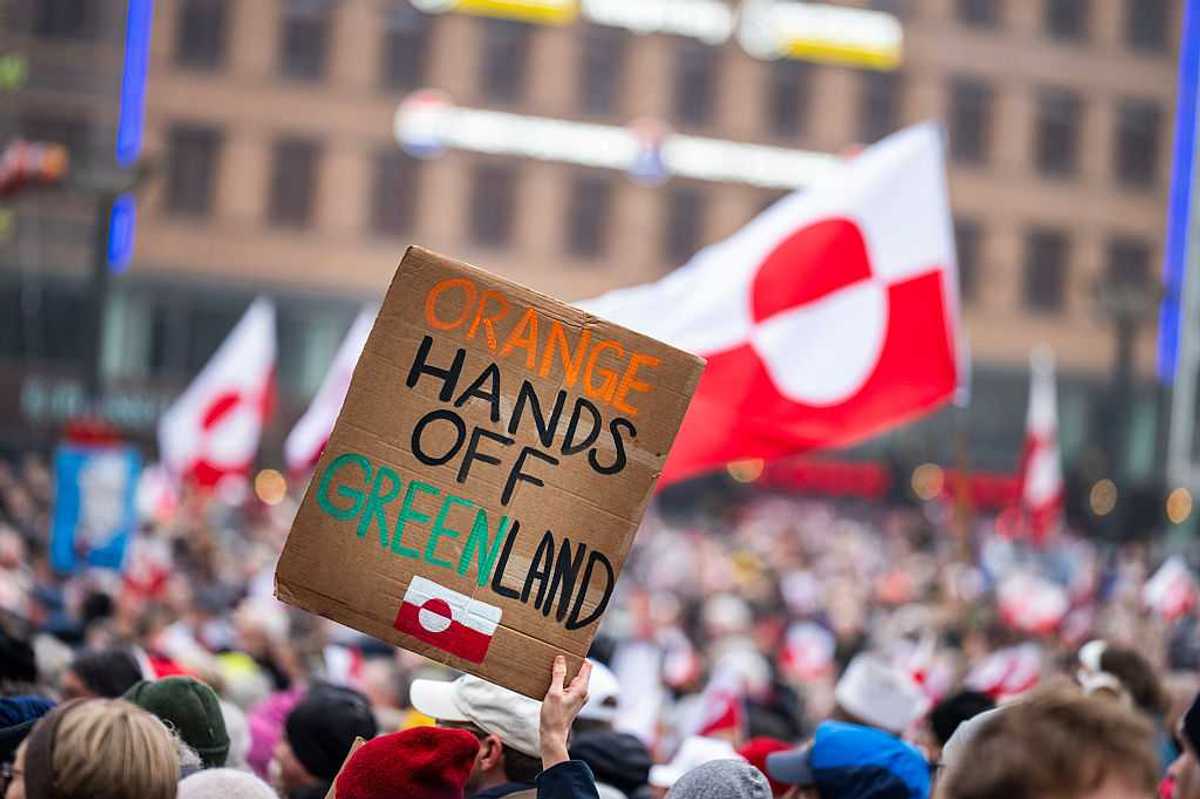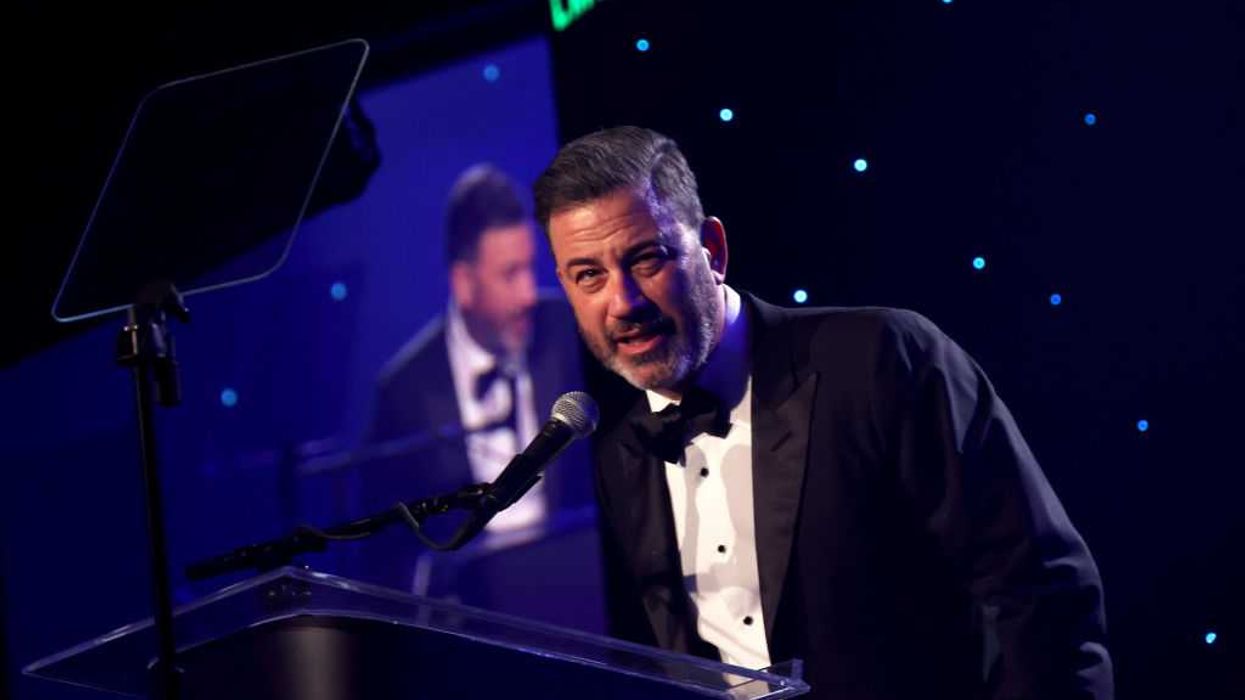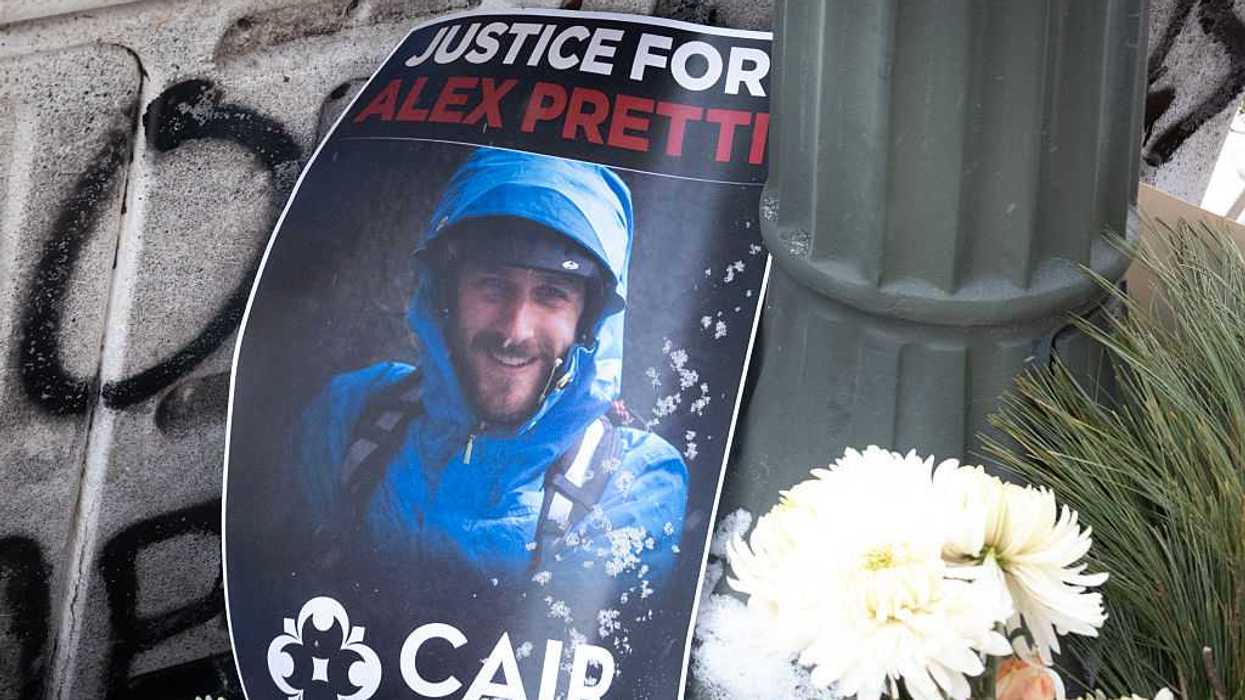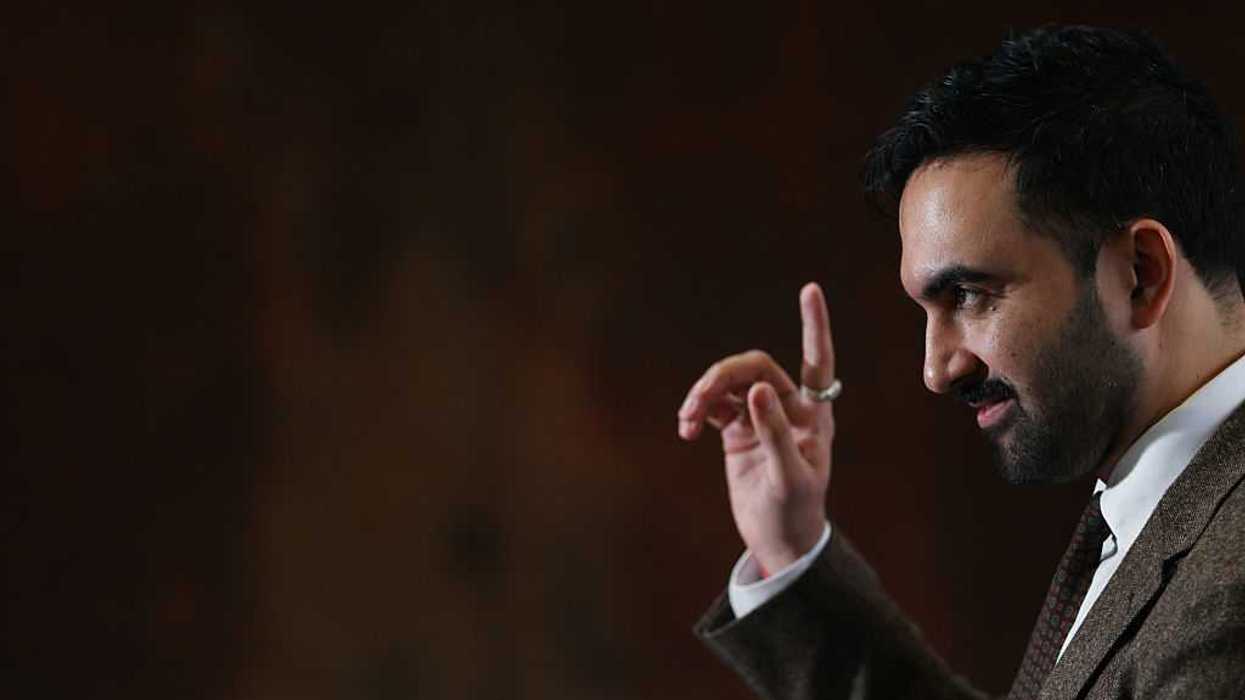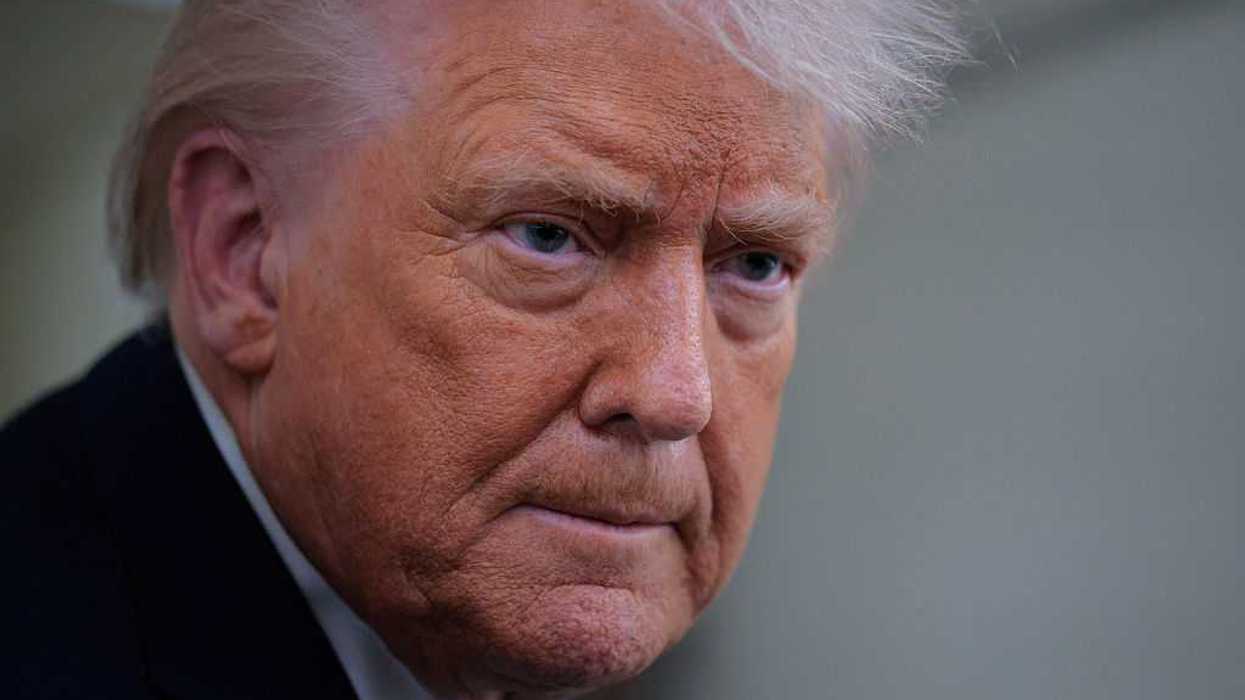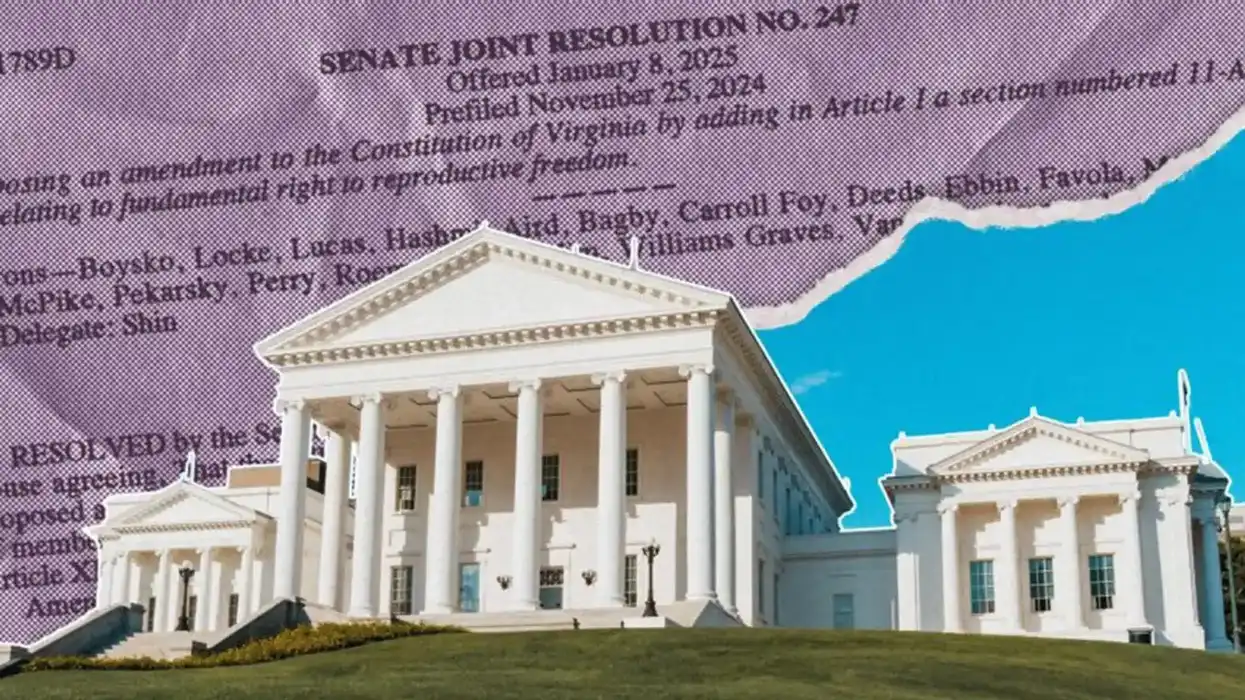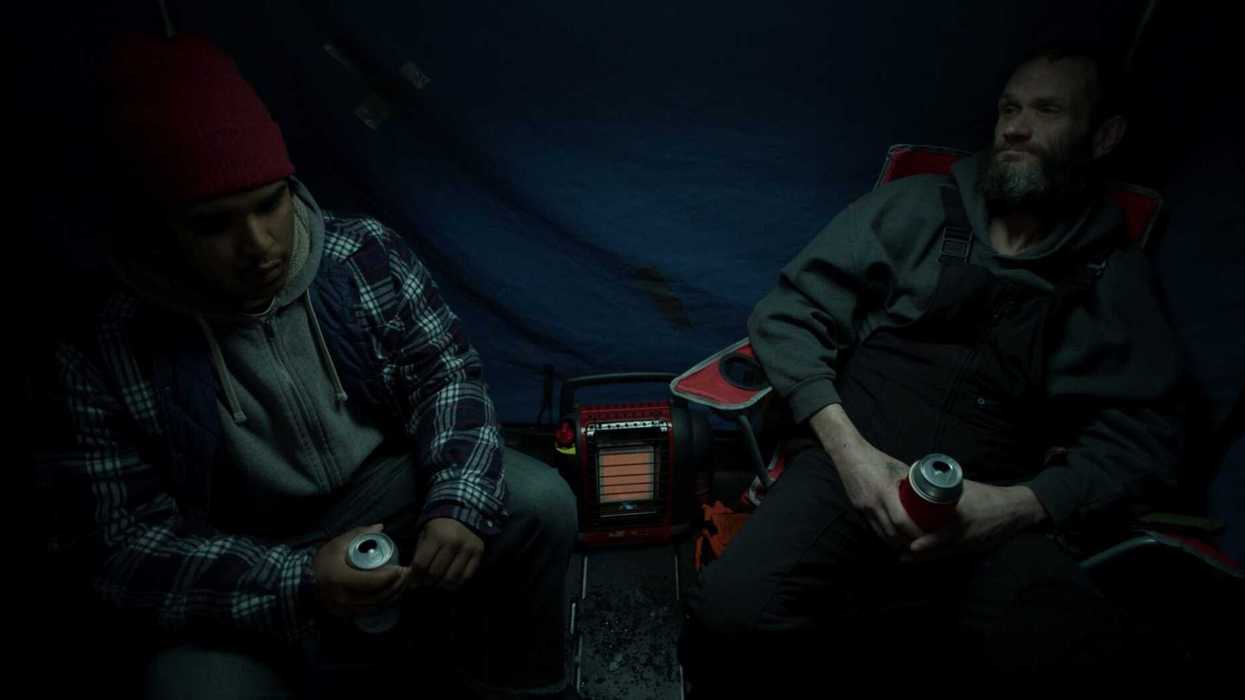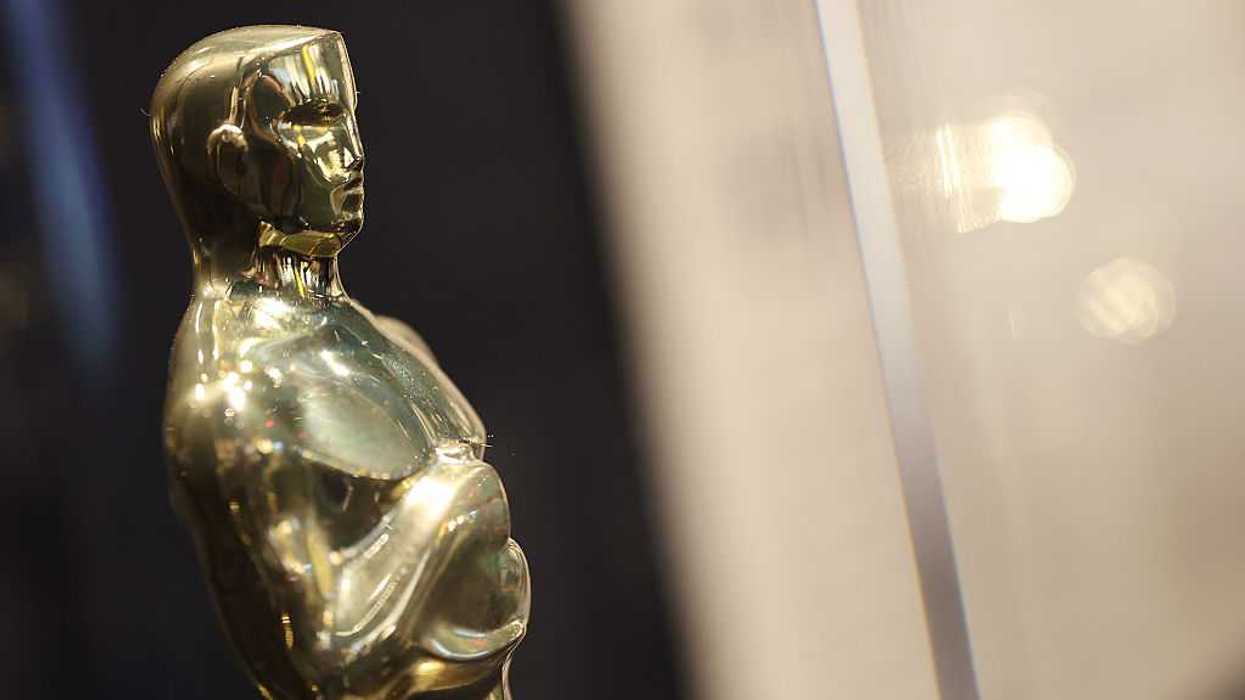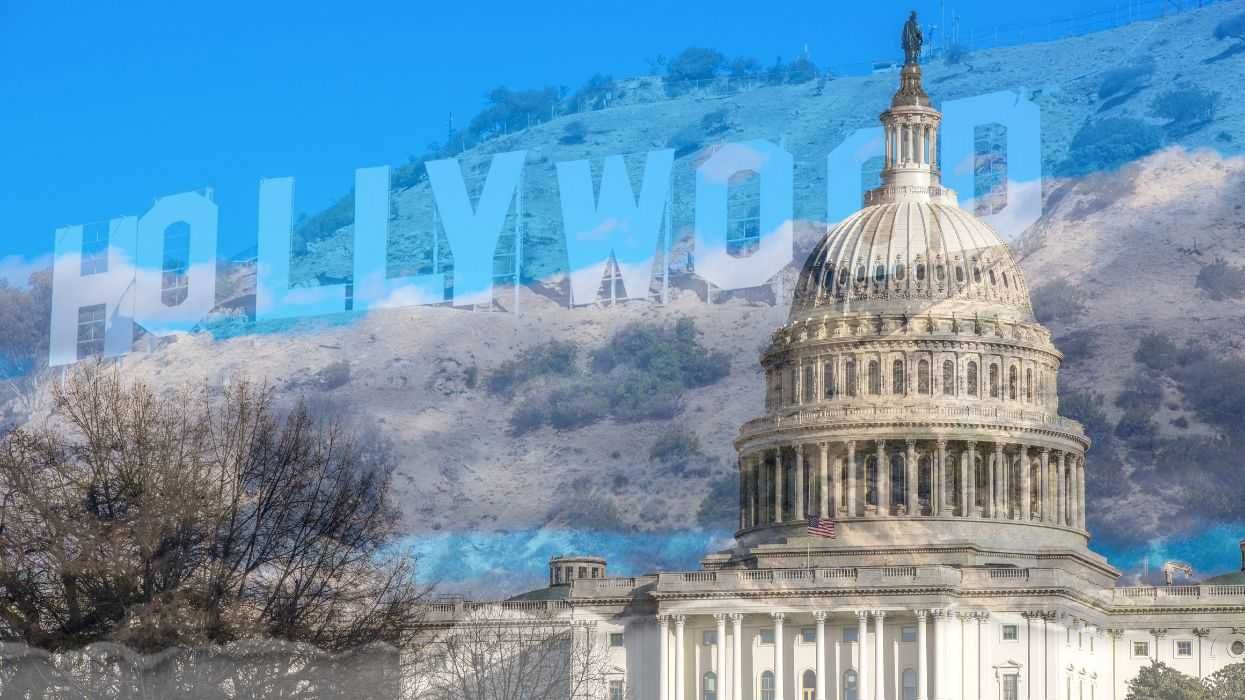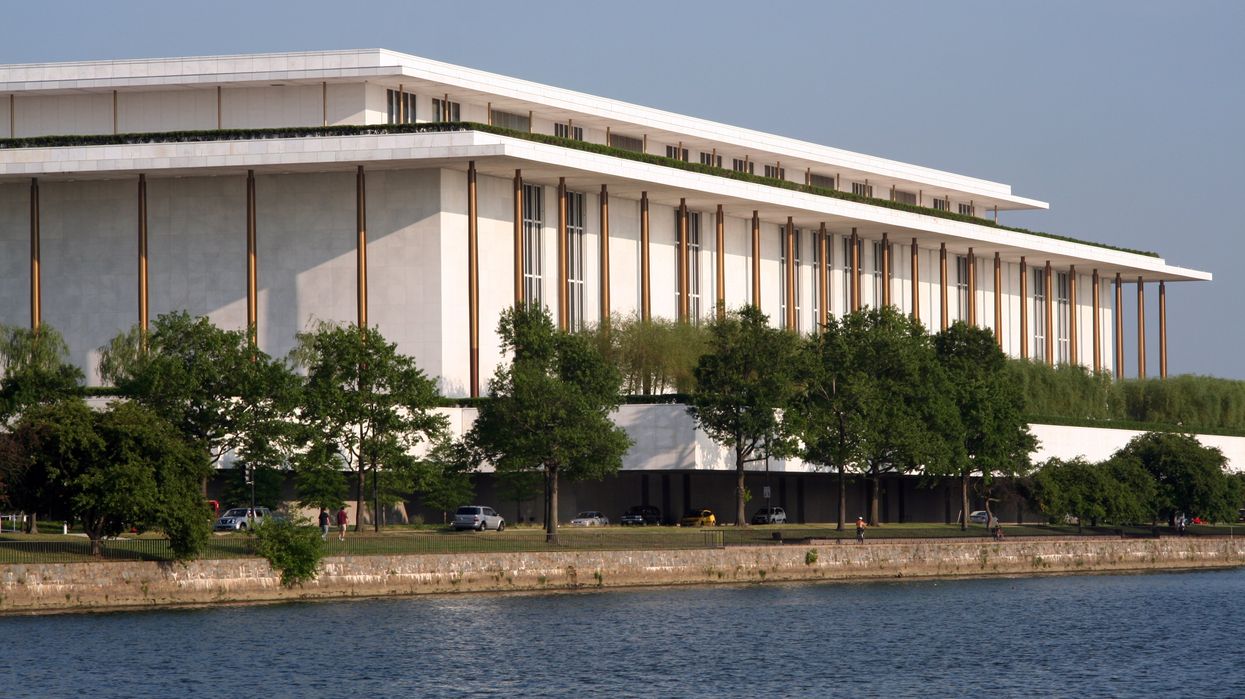There are moments in a nation’s cultural life that feel, at first, like passing storms—brief, noisy, and soon forgotten. But every so often, what begins as a squall reveals itself as a warning: a sign that something far bigger is at stake. The initial cancellation of Jimmy Kimmel by Disney, along with the coordinated blackout from network affiliates like Nexstar and Sinclair, is one of those moments. It’s not merely another skirmish in the endless culture wars. Actually, it is a test of whether we, as a society, can distinguish between the discomfort of being challenged and the danger of being silenced.
The irony is rich, almost to the point of being absurd. Here is a late-night comedian, a man whose job is to puncture the pompous and needle the powerful, finding himself at the center of a controversy. A controversy bigger than anything he’d ever lampooned. Satire that, depending on your perspective, was either too pointed or simply pointed in the wrong direction. Yet, that was not the ostensible reason.
In the days that followed Kimmel’s abrupt removal from the airwaves, something intriguing happened. Consumers, ordinary and otherwise, responded. Not with the usual online petitions and hashtags, though those were there, too. But with old-fashioned, organic resistance. Complaints and subscription cancellations poured in to providers and sponsors. Viewers who had never agreed on much before found common cause in defending not just a comedian, but a hallmark principle. One that everyone, everywhere, ought be allowed to make us laugh, even if—especially if—it makes us squirm.
This uprising wasn’t orchestrated by political consultants or harnessed by algorithms. It was messy, sometimes contradictory, and deeply human. And in its very messiness, it offered a lesson that those in power would do well to heed: free speech is more than a slogan or a constitutional technicality. It’s the living tissue of a functioning democracy. The attempt to suffocate it, even under the guise of protecting public sensibilities or national unity, is not just misguided. It’s dangerous.
One of the most troubling aspects of the Kimmel affair is the role played by government actors, behind the scenes and publicly. Statements from lawmakers—some explicit, others veiled in the language of “responsible broadcasting”—were not lost on the networks. The subtext was clear: Satire is all well and good, until it targets the wrong sacred cows.
To anyone with even a passing familiarity with the First Amendment, this should be alarming. The freedom to speak includes the right to critique, satirize, even offend. My friend Eric Liu is fond of reminding us that freedom of expression is the oxygen of a pluralistic society. Without it, everything else from our institutions, civic rituals, and capacity for self-correction surely suffocates.
Critics argue that speech has consequences. And that may very well be true. However, there is a world of difference between consequence and suppression. The former is organic: audiences tune out, advertisers walk, reputations rise and fall. The latter is mechanical: it is the blunt force of the state, or the chilling shadow of regulatory threat. When government actors weigh in—directly or by proxy—the dynamic changes. Speech is no longer a marketplace. It becomes a minefield.
The targeting of satirists like Kimmel, or Stephen Colbert before him, is not incidental. Satire is, by its nature, designed to test boundaries. Satire is an expression of prophetic rhetoric. A means of addressing the unspeakable, of processing absurdities and hypocrisies that polite society rather ignore.
Many, like myself, believe such expression keeps the powerful honest, and a society aware of its discomforts. When the state decides that satire is out-of-bounds, it is not just comedians who suffer. It is the body politic itself, deprived of one of its most vital pressure valves.
Historical precedents are clear, the moment the state takes upon itself the role of arbiter of truth and of humor, our democratic republic is in danger. It is a short step from policing jokes to policing sermons, protests, or any other form of speech that unsettles the status quo. As a cleric, I feel this acutely. There are few things more sacred or more vulnerable than the right to speak one’s conscience, especially from the pulpit. Personally, it is naive to imagine that clerics, activists, or artists will be exempt for long.
The logic is as inexorable as it is chilling. Think about this: if satire can be banned for the sin of discomforting the powerful, what of the sermon that challenges the morality of our laws? What of the protest that disrupts the peace of those who benefit from injustice? What of the academic who dares to ask inconvenient questions?
The public response to Kimmel’s cancellation was, in some ways, a master class in what democratic resistance looks like. It was not sophisticated. It did not depend on celebrity endorsements or cable news coverage. Again, ordinary people in ordinary places said ‘enough! We may not agree with every joke, but we agree that the right to make them matters.’
There is wisdom in this messiness. A functioning democracy does not require unanimity. It requires a shared commitment to the principle that dissent—however awkward or unruly—is not a bug, but a feature of a two-century-plus long social experiment. What the Kimmel episode reveals, if we are willing to notice, is that free speech is not a gift bestowed by the powerful. It is not the property of corporations or politicians. It is an inalienable right. A right that must be defended, not only in the courts or legislatures but in the living rooms and coffee shops where ordinary people decide, again and again, that they will not be silent.
The next time a comedian is silenced, or a cleric threatened, or an activist marginalized, we would do well to remember the lesson of this moment: Free speech is not a luxury. It is the lifeblood of everything else. Lose it, and we lose ourselves and democratic way of life.
Rev. Dr. F. Willis Johnson is a spiritual entrepreneur, author, scholar-practioner whose leadership and strategies around social and racial justice issues are nationally recognized and applied.


